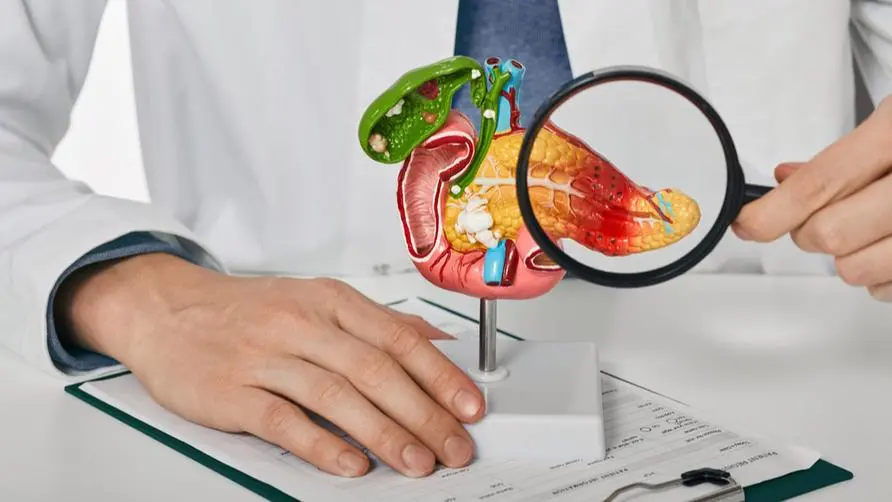American research debunks the myth of "intermittent fasting": It can make people more focused and help lower blood pressure?

The pace of modern society is becoming increasingly fast, and office workers rarely have time to spare time to exercise or exercise. Therefore, fast and effective weight loss methods are gradually gaining popularity, such as 168 fasting. Although the number of people practicing intermittent fasting has gradually increased in recent years, only a few studies have confirmed the benefits of this type of diet in humans. However, a recent study published in Nature Reviews Endocrinology is expected to reduce public doubts about intermittent fasting.
21 clinical trials have confirmed that these three fasting methods can help with weight control
Krista A. Varady, professor of nutrition at the University of Illinois at Chicago, and her research team conducted 21 clinical trials on three fasting methods. After evaluation, the subjects had no adverse results, and blood pressure, low-density lipoprotein (LDL), and Values such as acid glyceride, insulin resistance, and glycated hemoglobin were significantly improved.
The 3 intermittent fasting strategies are:
Alternate-day fasting method: fast on one day, during which you need to consume 0-500 calories, and eat unlimited food on the next day.
5:2 diet involves unlimited eating for 5 days and fasting for 2 days.
Time-limited fasting method, restricting eating within 4-8 hours, similar to the “168 fasting method”.
During fasting days, subjects were advised to eat a large amount of fruits, vegetables, and whole grains to increase their intake of dietary fiber and micronutrients. They were prescribed 50 grams of lean protein per day to control hunger and prevent sudden weight loss. In addition, the subjects were allowed to drink alcohol, sugar-free energy drinks, and milk-free coffee or tea. Sugar-free sodas were limited to two times a day.
The research team found that the three weight loss strategies had almost no side effects on the gastrointestinal tract, nervous system, body hormones or body metabolism of the subjects. Additionally, these strategies resulted in subjects losing approximately 3% to 8% of their body weight over 8-12 weeks, similar to the effects achieved by calorie-restricted diets.
However, the team did not further track the health status of the subjects after the experiment, so it is difficult to draw conclusions about the safety of the diet.
Does fasting make people weaker and unable to concentrate? Should you stop when “these conditions” occur in your body?
Varady said that as fasting-related research continues to be proposed and confirmed by 21 clinical trials this time, the benefits of intermittent fasting are slowly being clarified. Preliminary research results show that fasting may have a significant weight loss effect in certain groups in the short term.
“Until now, the public still has a myth about fasting that ‘if you don’t eat, you will feel weak and unable to concentrate.’ Our research results prove that fasting can actually make people have better concentration.” Varady said.
However, the safety of intermittent fasting still needs to be verified. This trial is only conducted on adults who are overweight, obese, have high blood pressure, and have high blood lipids; it may still have unknown effects on people of normal weight. In addition, patients with type 1 or type 2 diabetes may feel unwell due to low blood pressure after fasting and should consult a medical practitioner before fasting.
Varady pointed out that during the first three months of intermittent fasting, if the patient lacks vitamin D, vitamin B12 and electrolytes, or changes in blood pressure, blood lipids and glucose concentrations, intermittent fasting should be stopped immediately.
Varady also suggested that in the early stages of intermittent fasting, people can first try to increase the calories on fasting days to 1,000-1,200 calories, or expand the time-restricted eating period from 8 hours to 12 hours. This approach can not only relieve the psychological pressure caused by weight loss, but also avoid the negative consequences of excessive weight loss.
Source:
Clinical application of intermittent fasting for weight loss: progress and future directions
Further reading:





